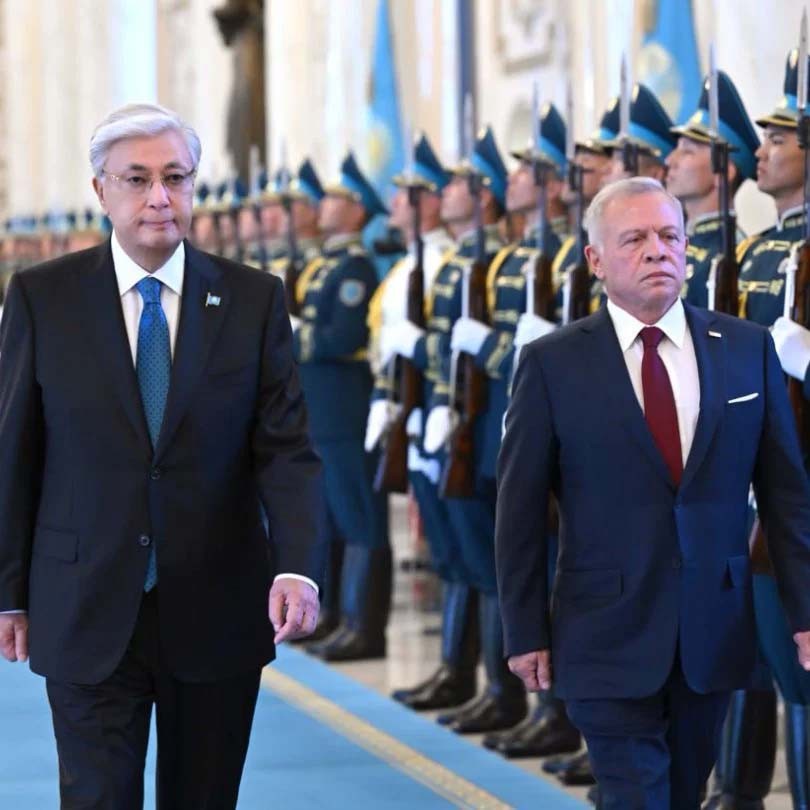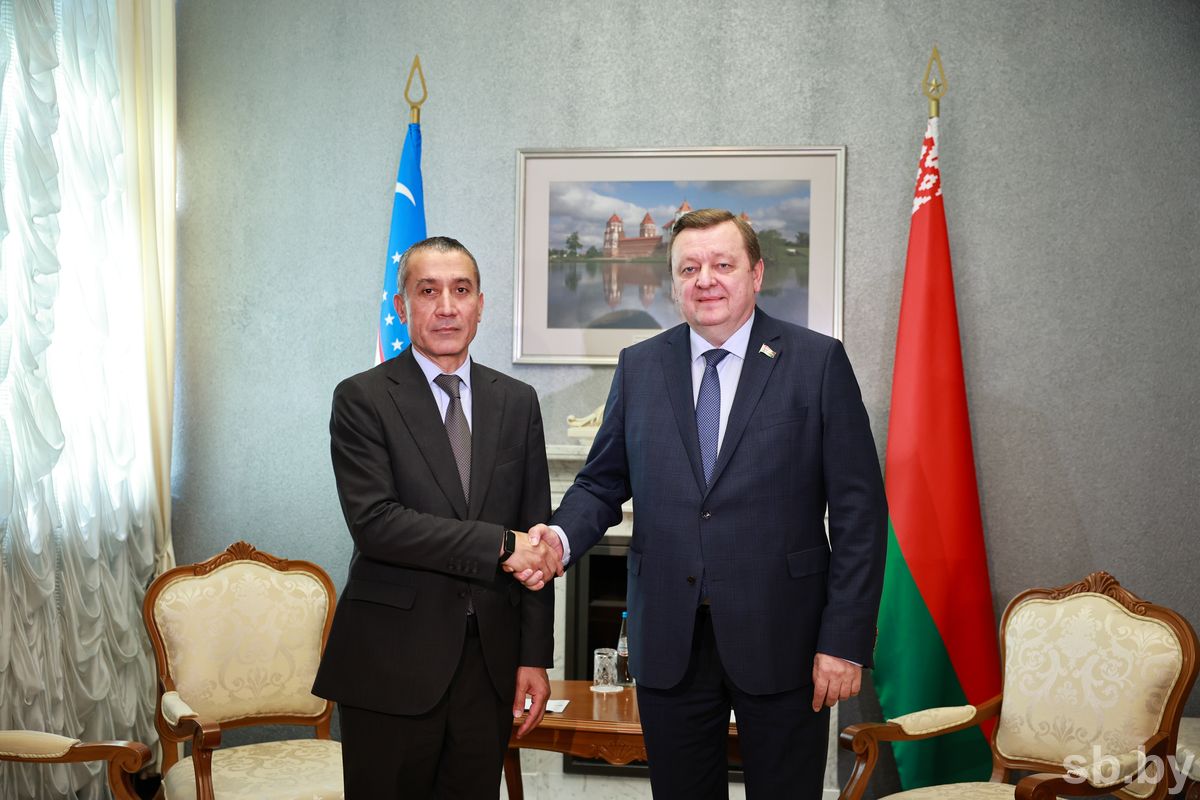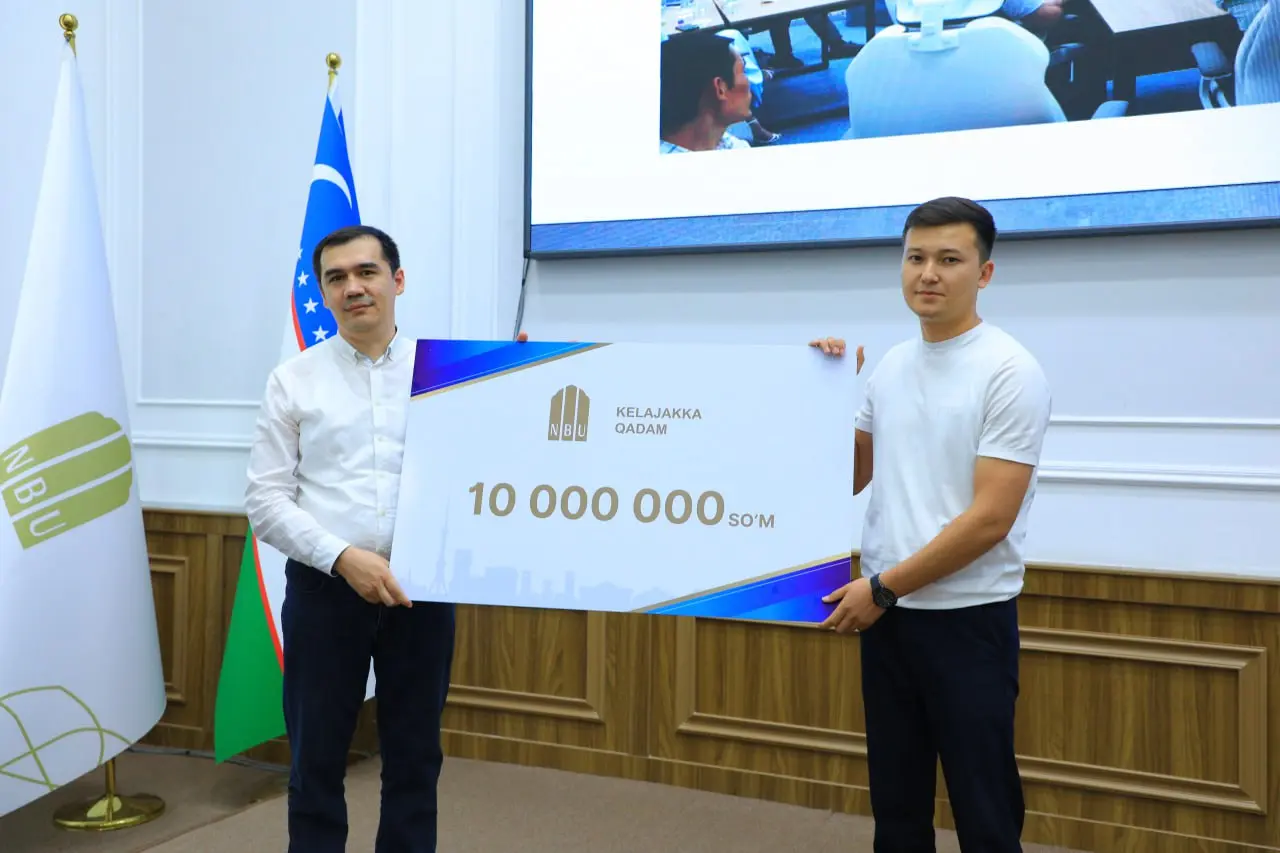Uzbekistan's contribution to the restoration of the liberated territories of Azerbaijan was highly appreciated at the level of heads of state. At the Shusha Media Forum, Azerbaijani President Ilham Aliyev stressed that Uzbekistan made the first significant contribution to the revival of Karabakh. We are talking about the construction of a modern school in the city of Fuzuli, designed for 960 students. The educational institution is named after the outstanding Uzbek thinker and astronomer Mirzo Ulugbek.
The initiative was implemented at the suggestion of President of Uzbekistan Shavkat Mirziyoyev, which, according to Aliyev, symbolizes the level of fraternal relations between the two countries and is a vivid example of humanitarian diplomacy in the South Caucasus region. Baku expressed gratitude for the contribution of Tashkent to the restoration of social infrastructure in the territories affected by the conflict.
However, cooperation between Uzbekistan and Azerbaijan goes far beyond humanitarian assistance. The focus remains on transport and logistics integration. According to Ilham Aliyev, during the dialogue with President Mirziyoyev, the potential for increasing transit traffic volumes was discussed. In particular, they discussed the prospects for the construction of a railway line from China to Turkmenistan, which, according to experts, can significantly increase cargo flow through the territory of Azerbaijan.
Uzbekistan, in turn, shows strategic interest in strengthening its transport infrastructure. One of the directions was the idea of creating its own ferry fleet, which will expand the country's logistics capabilities and strengthen its position within the Trans-Caspian International Transport Route (TMTM). It is planned to connect Turkey to the project, which can significantly increase its commercial and geopolitical stability.
The construction of the China-Uzbekistan railway, which has been actively announced at the level of transport departments in recent months, can also become a catalyst for integration processes in the region. Together, these initiatives form a new economic architecture in Central Asia and the South Caucasus, in which Uzbekistan is becoming a key player.
The regional vector of Tashkent's foreign policy is becoming increasingly pragmatic, combining humanitarian initiatives with investments in infrastructure and long-term logistics solutions. In the context of increasing competition for transit corridors, this can provide the country with a steady increase in economic influence and new opportunities for diversifying foreign economic relations.











